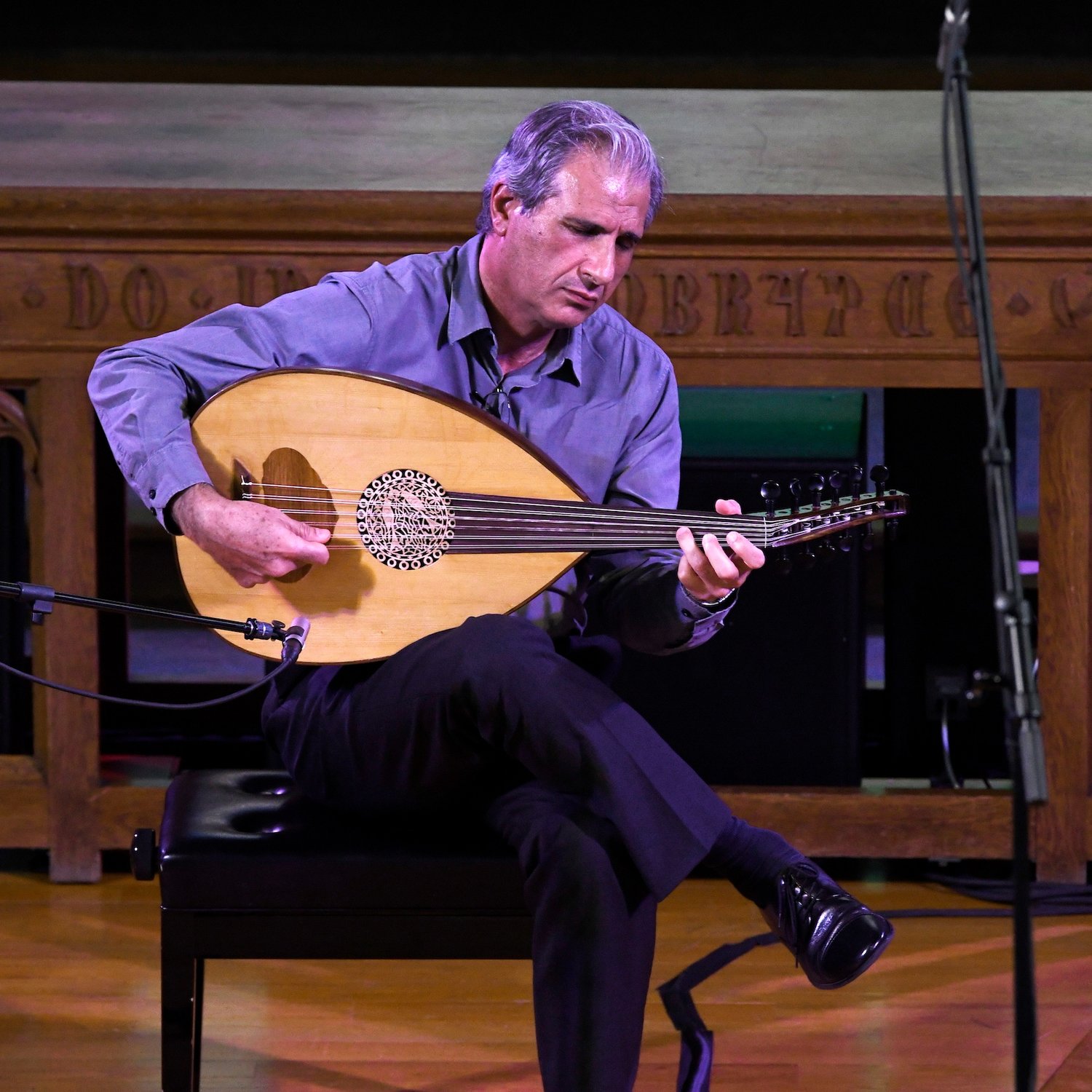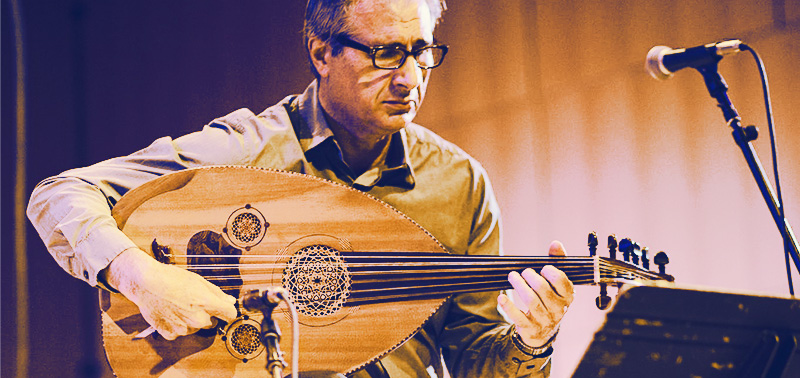The explosion in Beirut on August 4th made an already tedious situation in the arts and culture sector even more difficult. Leading up to this event, musical concerts and activities had been postponed since October 2019 due to the ongoing protests, and suspended indefinitely in March 2020 after the pandemic broke out in Lebanon. However music continues to exist, not to entertain, but to support the community. We have seen that music is vital. Even musicians facing troubles themselves are still playing to fundraise for causes and put a smile on the faces of the despaired.
As a musician and a student myself, I sat down with the director of the Lebanese National Higher Conservatory of Music, Mr. Bassam Saba, to share his insights on the current situation and what he is projecting as the future of arts and culture in Lebanon.
Mr. Bassam Saba is a native of Lebanon, where he studied Oud, violin, and nay at the Lebanese National Conservatory. In 1976, he moved to France where he received a Bachelor’s Degree in Western Classical music and Flute Performance from the Conservatoire Municipals des Gobelins in Paris. During this time, Mr. Saba was an essential member of Marcel Khalife’s ensemble, Al-Mayadeen, playing nay, violin, and flute.
He later received a Master’s Degree in Flute Performance and Music Education at the Gnessin Musical Pedagogical Institute. Shortly after, he began performing with Simon Shaheen’s various musical ensembles, becoming one of the premiere members of Shaheen’s Qantara group and the Near Eastern Music Ensemble. In short, he is a well-respected ambassador to our culture worldwide and has been outspoken about its richness and importance to the development of the community.

Q: What are your opinions and feelings about the current situation in Lebanon and how it has affected the arts and culture sector and the Conservatory specifically?
A: The circumstances throughout this year have delayed many projects and the pandemic has paralyzed any attempts to move forward. Digital solutions have been adopted, as many orchestras are still playing virtual concerts and even though they are limited to the technical possibilities, they still entertain people as much as they can. As for education, many projects were to happen in 2020, but were also suspended. Students have been able to proceed with their education online, but this is temporary for “survival”, since the need for personal attendance is necessary to get the best results, especially when it comes to music. Lebanon has been through wars and difficulties, but it has never known the devastation that the Beirut Explosion has inflicted, nor has it ever witnessed the inhumane treatments that it is receiving from its leaders.
The Conservatory has never taken any political sides in the past and remains neutral to all political statements, but the current exceptional circumstances have left us no choice than to stand by the people, support them and take a political stand with them against the violations of human rights, corruption and neglect that have taken the lives of many and shattered the dreams of the young. Education will continue no matter what. The Conservatory needs to be an example of strength and determination because the cultural and educational movements should never stop. The Conservatory has suffered damages to three of its campuses, but we have to continue without any delays, to educate future generations and teach them the values of life even, if we have to keep teaching online due to the pandemic and recurrent political instability.
Q: Arts and culture has always faced problems, even when days were peaceful and life was generous. Will we be able to face them now with all the current challenges? What challenges does the music scene face in Lebanon in general, and how do you feel we can overcome them in the present? What are your plans and hopes for the future?
A: Music is a culture and a science and it is naturally present in all societies. It has its laws and reflects the socio-political state of the community. Forty years ago, it was a big struggle to create a healthy environment because the socio-political state was incomplete and arts were not given enough attention and funding to grow. In general, our society lacks the understanding of the importance of arts and culture, and the chaotic period after the civil war in 1975 made it harder to give value to music education. Music was superficial and a luxury for most institutions and communities and the results of that chaos was a lack of appreciation and direction of the educational and pedagogical structure in music education that we still face today.
As for the future, we hope to be able to focus on music pedagogy and education, as the most important aspect for the continuity of arts in a society is how good the teachers are. The Conservatory will be working on the structure of studies and exams to best fit the needs of the students and evaluate them based on their strength and work on their weaknesses. The Conservatory is also aiming to provide more workshops to develop the diversity of the students and strengthen their knowledge and to keep the teachers up to date with the latest developments in the music field in order to develop their teaching skills.
The Conservatory, in partnership with all institutions that share the same goals, would also like to work on organizing outreach activities for the community and raise awareness about music that testifies to our rich culture and introduce instruments to young children.
Ten years from now, we are aiming for a new direction for the musicians and the community where arts and culture are a necessity and reflect the richness and diversity of our culture.
To the youth of Lebanon – as heartbroken as I am that we are going through these difficulties, I remain hopeful and urge the young people to use culture as a tool to avoid succumbing to despair. We have to work on better education and never stop educating because our weapon against all of these violations against our basic rights will be won through thought and the values of life that are reflected through culture. The Conservatory stands by the young and educated people and will do its best to keep raising awareness about education and the importance of being independent and loyal to one’s culture regardless of religion and politics. If we acquire these values, nothing can stop us. Let’s win this war with our cultural awareness and belonging. Our rich history is our biggest witness and supporter as the international community recognizes the diversity and richness of our culture that has been present for thousands of years, but if we go to war without it, we lose our values and our community will be downgraded.
The Conservatory and its partner institutions will always be a safe place for our youth to dream and to use culture as their weapon to fight injustice and work together towards rebuilding a better Lebanon.
